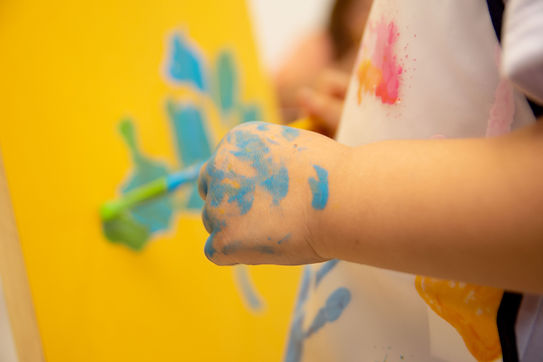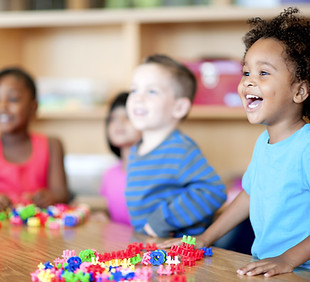top of page

Who We Help
Young children aged 2-9, including those with typical development or mild delays (speech, language, cognitive), and those experiencing anxiety and/or behavior concerns (no diagnosis needed). Therapy focuses on reducing disruptive behaviors and improving emotional regulation for children with diagnoses like ADHD, ODD, SM, OCD, GAD, Social Anxiety, or Separation Anxiety. Early intervention is crucial for long-term success, and it's never too early to start services!
bottom of page




